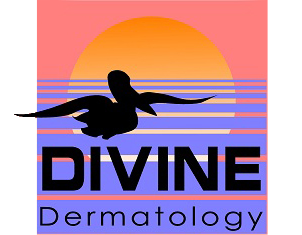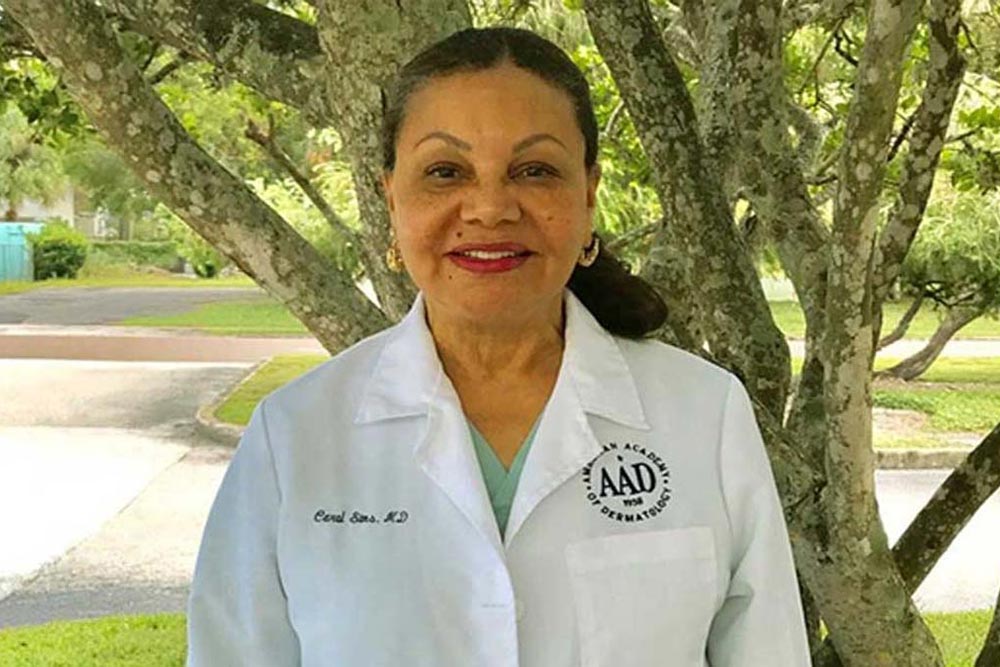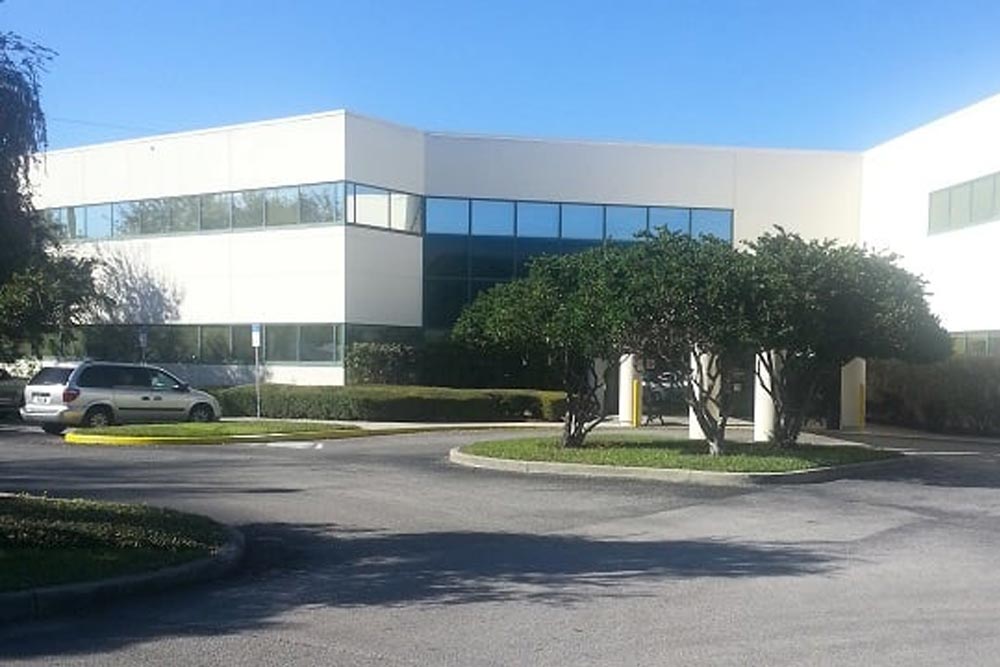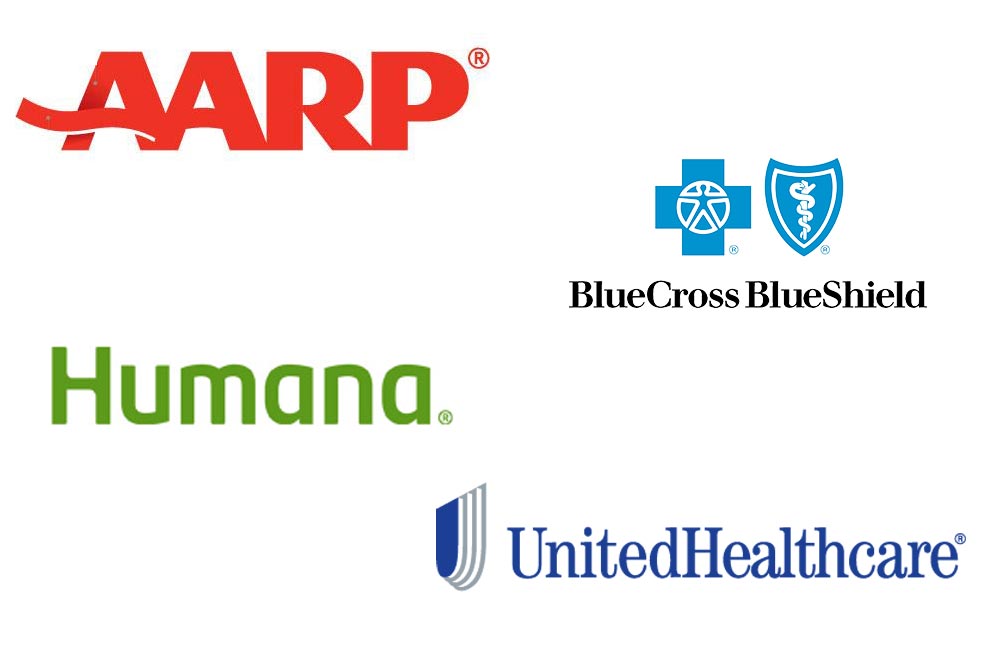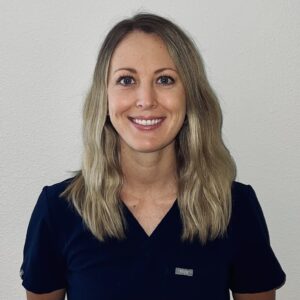Clinical Specialization | Acne
UNDERSTANDING AND EXPERTISE
Acne is a common skin condition that occurs when hair follicles become clogged with oil, dead skin cells, and sometimes bacteria. It typically appears on the face, back, shoulders, and chest, and is most prevalent among teenagers due to hormonal changes during puberty. However, acne can affect people of all ages.
The primary causes of acne include:
- Excess Sebum Production: The sebaceous glands produce an oily substance called sebum, which can become overactive and clog hair follicles.
- Dead Skin Cells: When the skin sheds dead cells, they can mix with sebum and form blockages in the pores.
- Bacteria: The bacterium Propionibacterium acnes can thrive in clogged pores and cause inflammation.
- Hormonal Changes: Fluctuations in hormones, particularly androgens, increase sebum production. This is why acne often flares up during puberty, menstruation, pregnancy, or as a side effect of certain medications (like birth control).
- Lifestyle Factors: Diet, stress, lack of sleep, and use of comedogenic skincare products (those that clog pores) can also influence acne development.
Types of Acne
Acne comes in various forms, classified by severity and appearance:
- Comedonal Acne: Includes whiteheads (closed pores) and blackheads (open pores).
- Inflammatory Acne: Involves red, inflamed bumps like papules (small, red bumps) and pustules (pus-filled bumps).
- Cystic Acne: Deep, painful lumps or cysts under the skin, often causing scarring.
- Severe Acne: A mix of different types, often with large cysts and significant pain.
- Acne Conglobata: A rare, severe form with interconnected cysts and scarring.
- Acne Mechanica: Caused by friction or heat, often seen in athletes.
- Hormonal Acne: Triggered by hormonal changes, commonly around the jawline, chin, or neck.
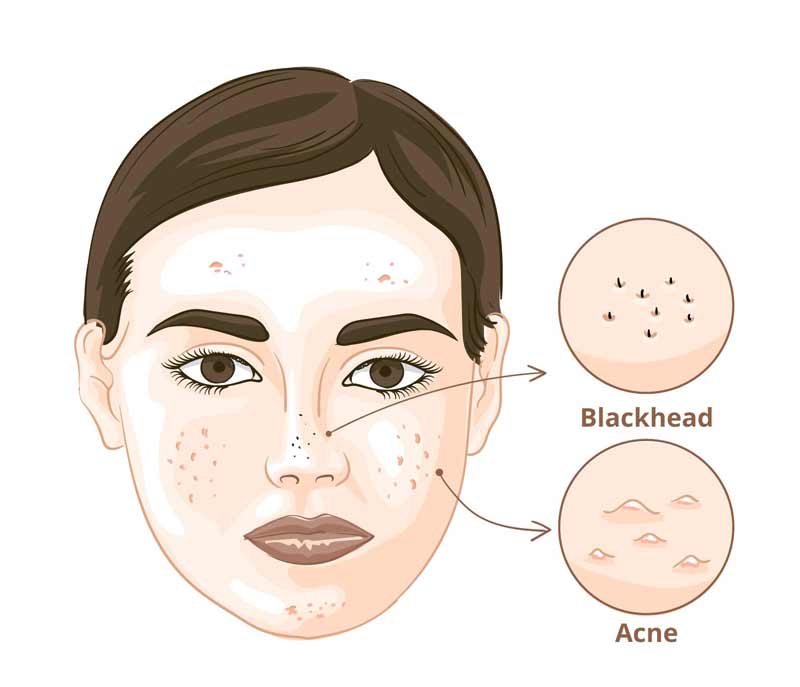
How We Treat Acne
Our care providers will tailor acne treatments depending on your needs needs because we understand that each case of acne is unique. Our care providers will work with you to diagnose your acne and start you on a treatment plan that is both effective and customized just for you.
Here are some available treatments that we use for acne:
- Topical Treatments: Includes retinoids (like tretinoin), antibiotics (like clindamycin), benzoyl peroxide, salicylic acid, and azelaic acid to reduce inflammation and clear pores.
- Oral Medications: This can be antibiotics or medication that can control hormones.
- In-Office Treatments: Includes chemical peels, light/laser therapy, and microneedling for acne scars.
Yes, acne can be triggered by a variety of factors, and different people may experience acne for different reasons. Our dermatological providers will work with you to treat your specific acne with tailored treatments just for you.
For Consultations Call us at (727) 528-0321
What else would you like to do?
Get to know Dr. Carol Sims-Robertson, including her history, her education and her specializations.
See our office’s location, learn about its features and view the image gallery.
See which insurance plans we accept and other important information about how we handle insurance.
